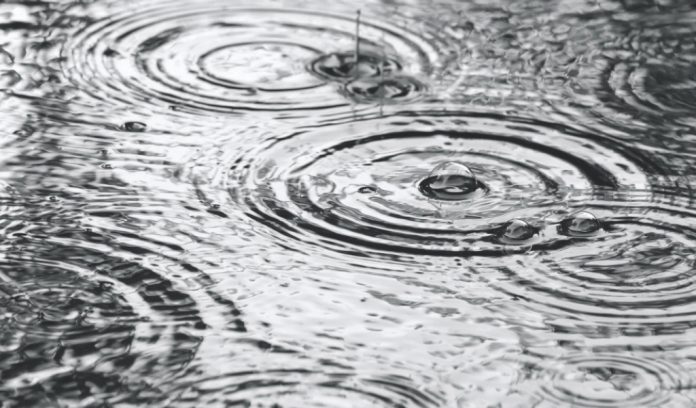Now, farmers, it’s your turn.
In my last column, I encouraged journalists to keep your names and phone numbers. To follow the story of how the wet weather has impacted so many areas of farming — because it’s a story that will have long-lasting repercussions, for everyone. But let’s face it. With another election on the horizon, and a host of current hot-button issues clamoring for attention at the regional and local levels, your phone number might get buried.
So, I’m going to challenge you: Check in with a reporter at your local paper or TV news station from time to time. Let them know how you’re doing. You’re helping them keep up with possible story ideas. And who knows? You might even make a friend.
I know. It pushes you out of your comfort zone. But in order for us to succeed in agriculture, I think we all need to feel a little uncomfortable. To push ourselves to be better stewards of our land and livestock, and to be more efficient with our resources. To meet new people and to get to know them. Farmers are known for being no-nonsense and straight-forward. I think those things, mixed with winsomeness, can go a long way.
The single story
Before moving to Kenya in 2012, I listened to a talk given by Nigerian author, Chimamanda Ngozi Adichie, on the danger of the single story.
While the Adichie’s comments helped me put things in context when I did media work in Africa, I’ve come back to it in the years since then.
Here’s why: Farming. Rural living. Doing something not a lot of people do. If I don’t share what I’m doing on a daily basis, I run the risk of getting lumped in with a single story — of what farming is and what it isn’t. For me, it’s just life. I need to remember that, for many, it’s a novelty.
Adichie’s single story
Back to Adichie. She grew up middle class, went to good schools in Nigeria and came to the U.S. for college. When she was a girl, her mother would scold her if she didn’t finish her meal, saying that the house boy’s family had nothing. (House help is not uncommon throughout Africa.) One day, they visited the boy’s village. His mother showed them a colorful basket made by the boy’s brother. Adichie was shocked. The idea that this family could make something was novel.
“All I had heard about them was how poor they were, so that it had become impossible for me to see them as anything else but poor,” Adichie shared in her talk. “Their poverty was my single story of them.”
Later, when Adichie went to college, her American roommate asked her where she learned English (Nigeria’s official language is English). The roommate then asked if she could listen to Adichie’s “tribal music.” She “was consequently disappointed when I produced my tape of Mariah Carey,” Adichie said.
Our single story
Think about conversations you’ve had with people who don’t farm. I’m pretty sure you’ve had similar experiences as Adichie. With such a small fraction of the population working in agriculture, it stands to reason. People don’t know what we do on a daily basis.
As farmers, we talk about how our corn is looking, what the weather is doing, our newest piece of equipment or how the sheep got into the wrong field, again. We all find connection with those who share similar experiences, for good reason. We enjoy our communities. It’s true of anyone, not just farmers.
Change the narrative
For a while, there has been a movement to “educate the consumer.” I have no problem with advocacy, but words mean something. In a June 25 column on Farm Journal’s AgPro online, Brandi Buzzard Froboose, a beef rancher with an extensive social media following, called for a re-tooling of the idea. She urged listening to others to understand them, rather than gain opportunities to tell them things.
I agree. Let’s broaden our communities. Maybe it means following up with that reporter. Or maybe it means striking up a conversation with someone in a grocery store, a coffee shop line or wherever. Maybe it means inviting people you meet to come out and visit your farm.
Let’s give our story — farming, in all of its hardships and high times — some depth. Because it impacts everyone.













